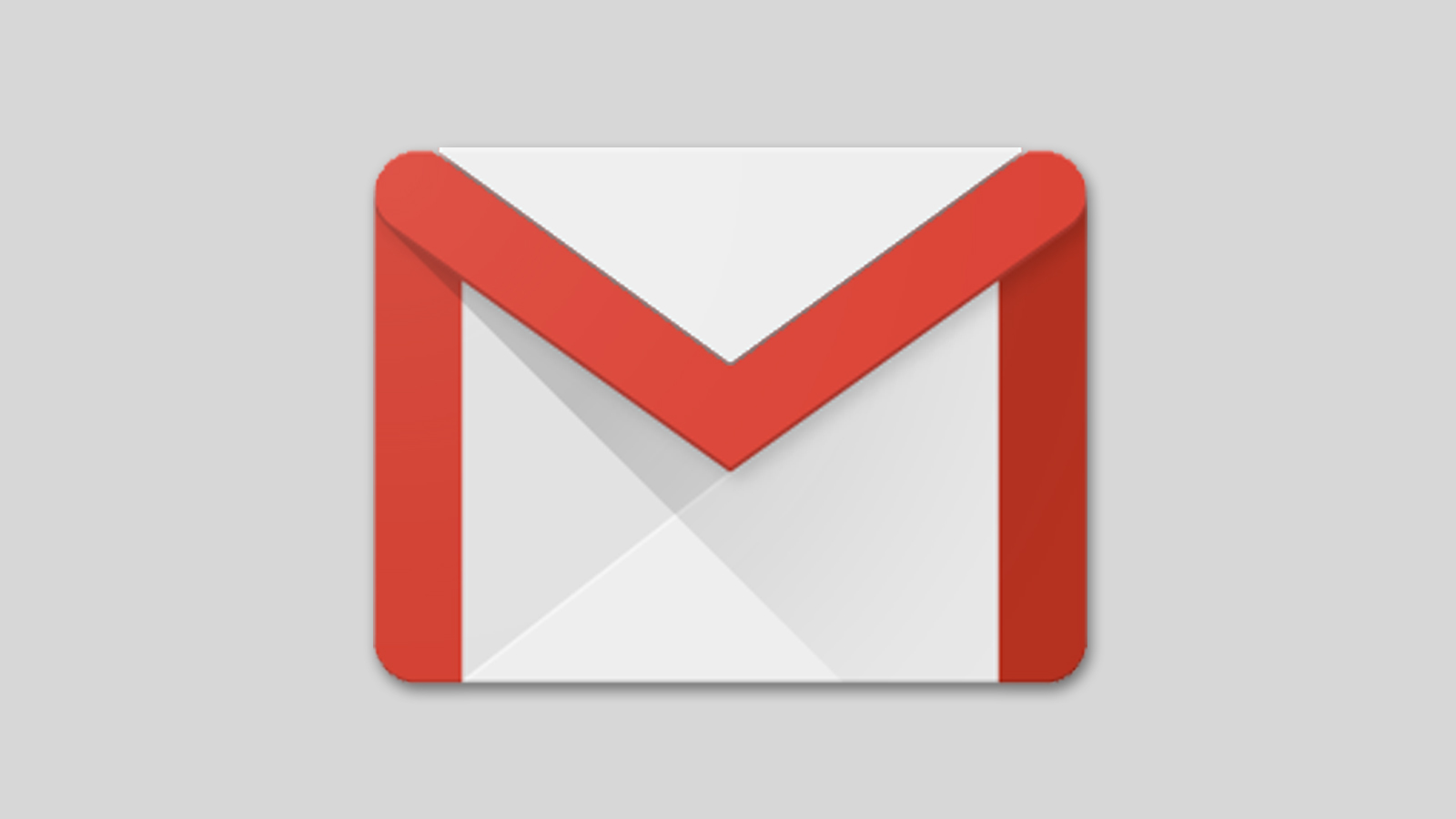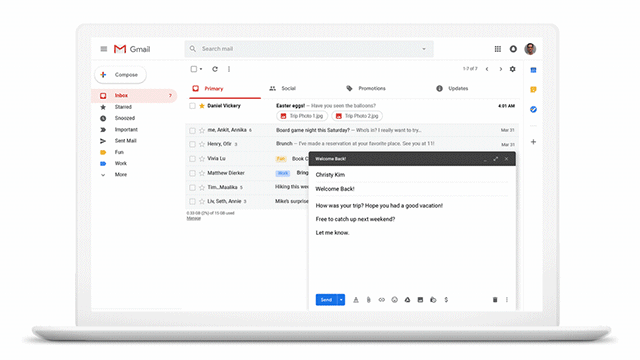Gmail gets message scheduling feature for its 15th birthday
Smart Compose lands for all Android app users too

Sign up for breaking news, reviews, opinion, top tech deals, and more.
You are now subscribed
Your newsletter sign-up was successful
On April 1, 2004, Google introduced its now-ubiquitous email service to the world – albeit on an invite-only basis – and with it came the promise of secure and fast messaging backed up with an impressive amount of storage.
Gmail is now 15 years old and, for its birthday, Google has announced a few updates for the service via its blog, including one that users have been eager to use for quite some time.
Email scheduling
“We want to make it easier to respect everyone’s digital well-being,” Google’s blog post reads, “so we’re adding a new feature to Gmail that allows you to choose when an email should be sent.”
The intended goal of Gmail’s new scheduling feature is to be able to respect your email recipient’s business hours while still being able to write your message within your own – a feature which will certainly be useful for colleagues that communicate from different time zones.
Email scheduling will allow you to select a time and date for your message to be sent, accessible by clicking the arrow next to the regular ‘send’ button. While the feature hasn’t been given any time frame for release, it’s fair to say it will start rolling out imminently given Google’s history with integrating new features.

Smart Compose
On top of the much-requested scheduling feature, Google is expanding its Smart Compose functionality to all Android devices using the Gmail app (with iOS coming soon), as well as introducing compatibility for four new languages – Spanish, French, Italian and Portuguese.
Smart Compose uses learning algorithms to predict common phrases within your email text and subject lines, providing suggestions to complete your sentences as you type. Going forward this will also include personalized language to stay true to your regular email voice.
Sign up for breaking news, reviews, opinion, top tech deals, and more.
As mentioned, there’s no concrete announcement of when these features will be available to users around the globe, but we can expect them to roll out over the coming days.
